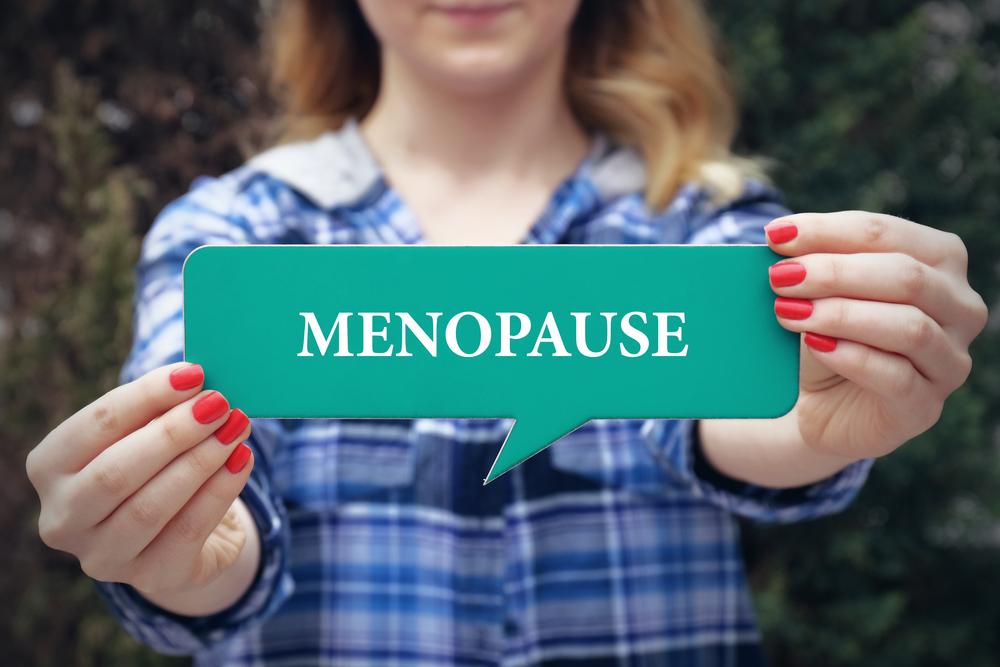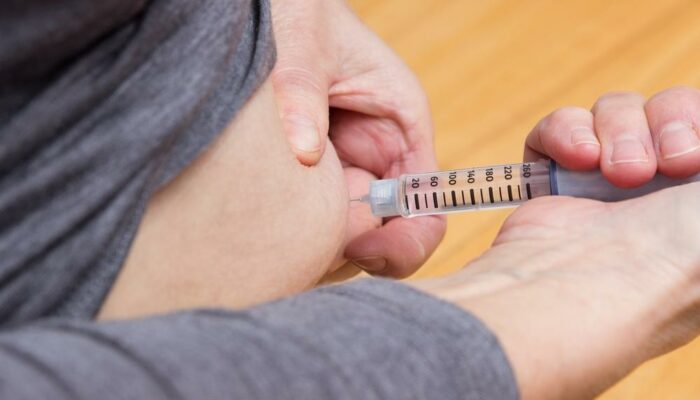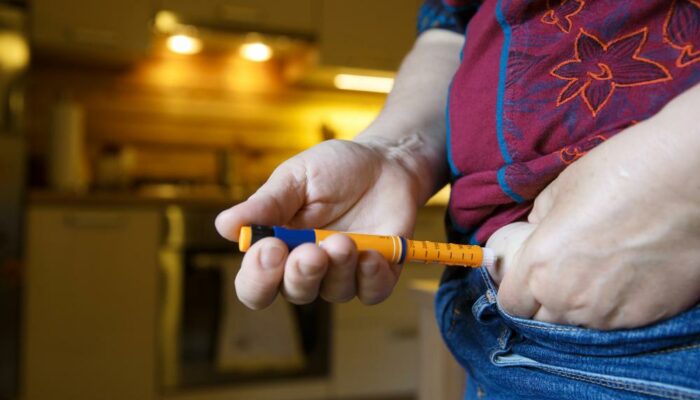
Menopausal Diet Tips
Menopause marks the end of the menstrual cycle in women. Women usually have menopause when they are in their 40s or 50s. The average age when menopause strikes is 51 years. A woman is diagnosed with menopause when she does not have any menstrual period for 12 straight months. Menopause is preceded by a phase known as perimenopause. During this phase, a woman will go through a lot of symptoms that will affect her emotional health, disrupt her sleeping cycle, and cause fatigue.
Symptoms of menopause
Symptoms of menopause will be different across everyone. Some of the common symptoms include the following-
- Dryness in the vaginal area
- Chills
- Hot flashes
- Disruption in sleeping patterns
- Moodiness
- Dry skin
- Thinning hair
- Slow metabolism
- Weight gain
- Irregular periods
Menopausal diet tips
The above symptoms will cause a lot of discomfort and may disrupt your routine life. It is possible to treat the symptoms of menopause through various therapies and medications. Along with these, following a healthy diet can help to alleviate the discomfort caused by the symptoms of menopause and perimenopause. Here are a few essential menopausal diet tips-
- Avoid sugar-rich foods
Menopause causes a lot of fluctuations in the hormones. This affects the body’s ability to process sugar and maintain healthy blood sugar levels. This makes it necessary to reduce the sugar intake. Reducing the consumption of sugar will help in maintaining and losing weight. It is best to avoid foods that contain refined and processed sugar. Eat foods such as fruits that contain natural sugars. - Stay hydrated
Menopause causes a decline in the estrogen levels. This leads to dry skin and vaginal dryness in menopausal women. During the perimenopause phase, a woman may experience bloating due to hormonal changes. Drinking sufficient water will help to deal with all these symptoms. Staying hydrated is essential to avoid skin dryness and retain skin’s natural moisture. - Include calcium in diet
During menopause, the decline in estrogen leads to a loss of bone density. Due to this, susceptibility to bone problems such as osteoporosis increases. This makes it essential for women going through perimenopause and menopause to increase the intake of calcium. The intake of calcium can be increased either by taking calcium supplements or by including calcium-rich foods in the diet. This can include yogurt, broccoli, almonds, okra, kale, sardines, and so on. - Eat Vitamin D-rich foods
Vitamin D is essential in the body for the absorption of calcium in the bones. Vitamin D also helps to protect against bone damage. Doctors often recommend Vitamin D supplements to women undergoing menopause. Also, foods such as cod liver oil, sardines, salmon, eggs, mackerel, tuna, and mushroom are good sources of Vitamin D. Standing or exercising under early morning sunlight also provides the body with the essential amount of Vitamin D. - Have sufficient fiber
Eating fiber-rich food helps not only in easing menopausal symptoms but also in keeping the digestive system functioning properly. The recommended daily intake of fiber for most women is 21 grams. Include foods such as fresh fruits and vegetables, whole grains, Brussel sprouts, beans, whole-wheat pasta in the diet to get the necessary amount of fiber.




